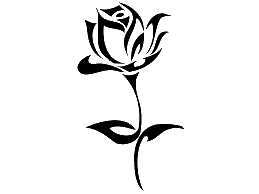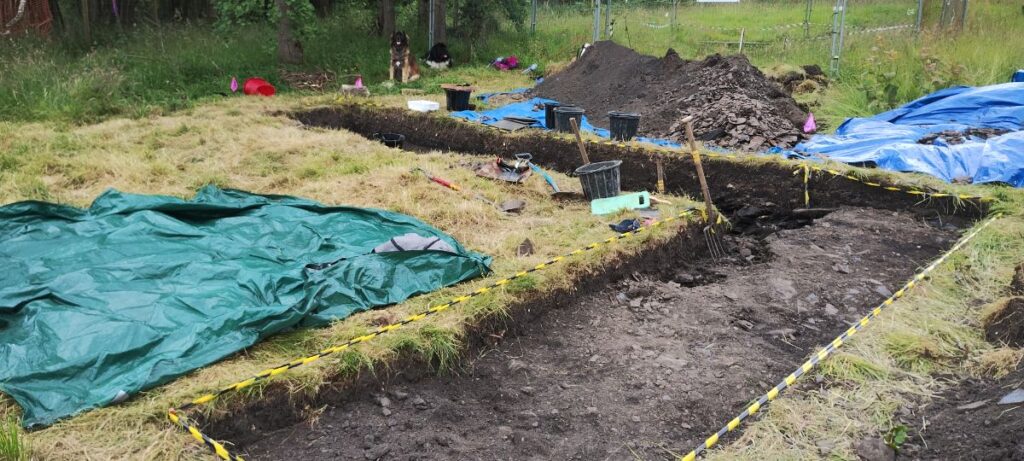We are heading to Bannockburn, Scotland where we are volunteering at an archaeological dig for a week. We can’t stay at the dig site, so we have found a campground just a few km away.
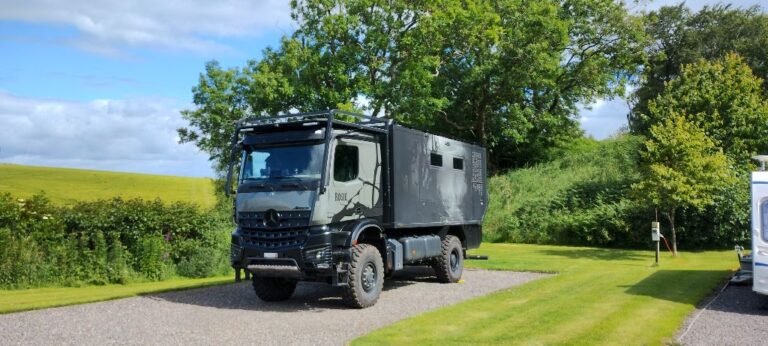
Carr’s Hill Campground is really nice. Modern clean washrooms and showers (we even used them, which is unusual as we prefer to use Rosie’s facilities). The campground is situated in the middle of farming fields. The field just to the left of Rosie (in the above photo) has about 5 million rabbits.
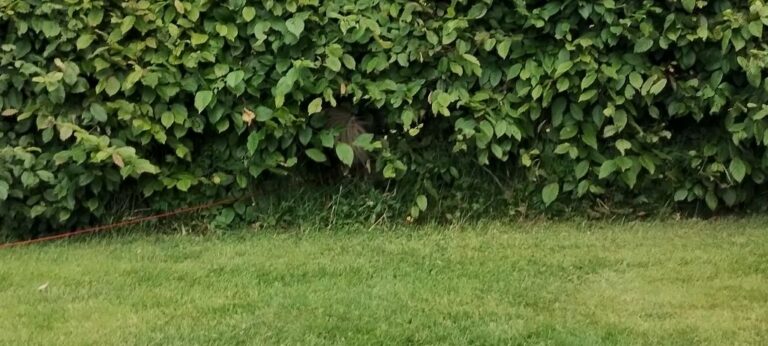
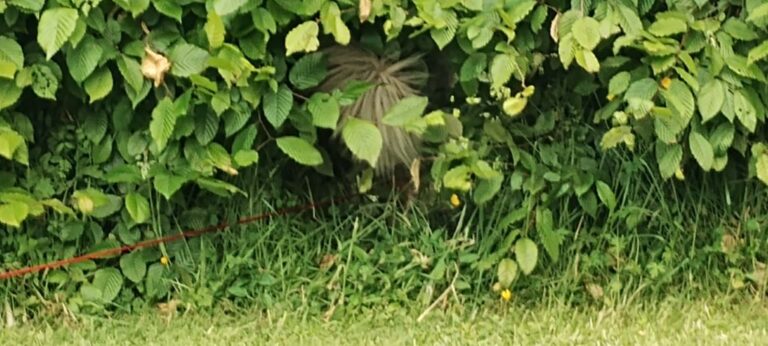
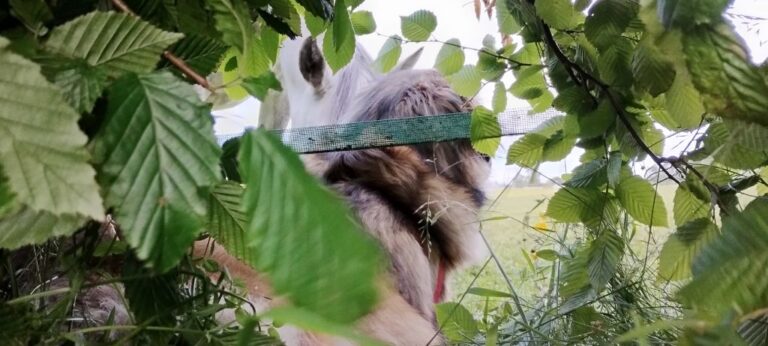
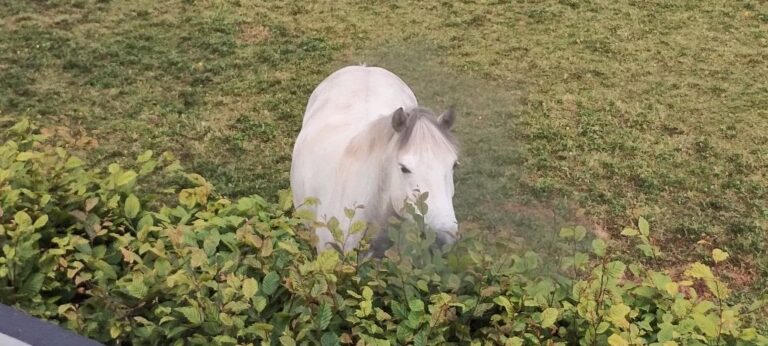
We have volunteered to help out at an archaeological dig at Bannockburn House. Last year the dig team unearthed an old (18th century) coal mine. This year they are looking to see what they can find outside the entrance of the mine.
We have to drive a few km from the campground to Bannockburn House which requires navigating a very narrow lane and the small town of Plean). A bit nerve wracking on the first day, but by the end of the week our daily commute became routine.
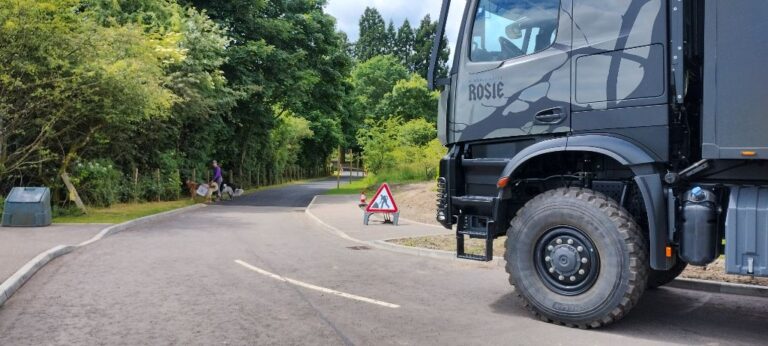
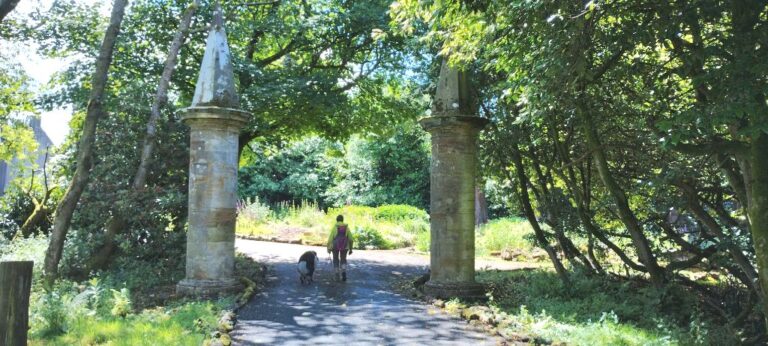
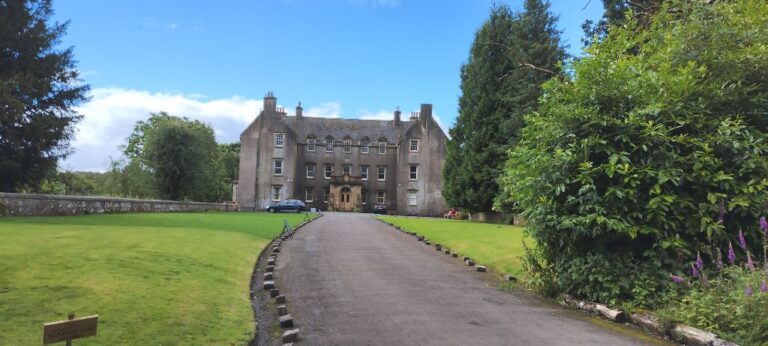
The supervisor for the dig was from Archaeology Scotland and we were a part of a team of 6-8 budding archaeologists (team membership changed daily). There were several students who needed to get “hours” in for school course credits. There were also other senior members (like us, senior in age, not senior in experience or ability) who participated just for fun.
We were starting a new trench (L-shaped as seen in the photo at the top of this post), just down the slope from the entrance to the recently discovered coal mine. The objective was to find out if there was a road or wall leading away from the mine.
The initial removal of the top layer of grass was hard work and done with shovels. We also encountered the edge of a large pile of shale. Possibly removed from the mine as the shafts were dug. Shale is nasty stuff to shovel.
After the first few inches of grass and soil were removed by shovelling, it was down to hand trowelling.
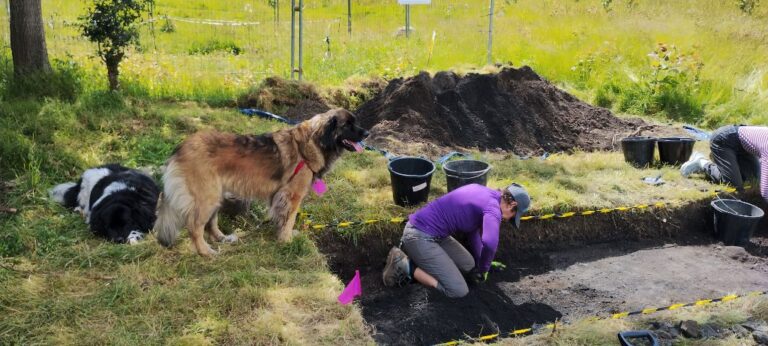
Some things we learnt: edges and corners of the trenches need to be vertical and square; keep the bottom surface of the trench reasonably flat (no holes); if you brush one section of the bottom surface you must brush all of it, so that the texture is the same; don’t step on someone else’s work area; don’t be too vigorous with the trowels (you could damage stuff that shouldn’t be damaged); if you find any buried treasure, you can’t keep it.
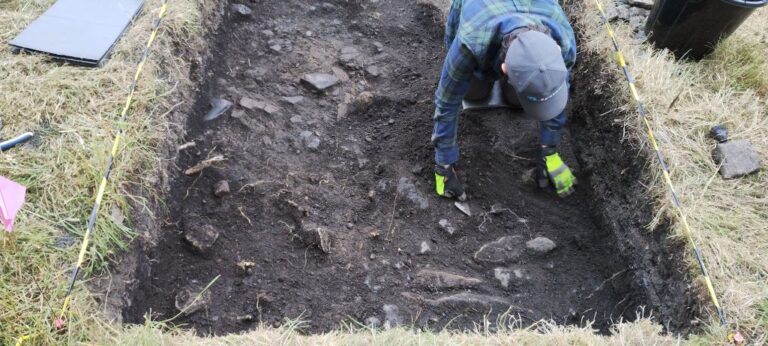
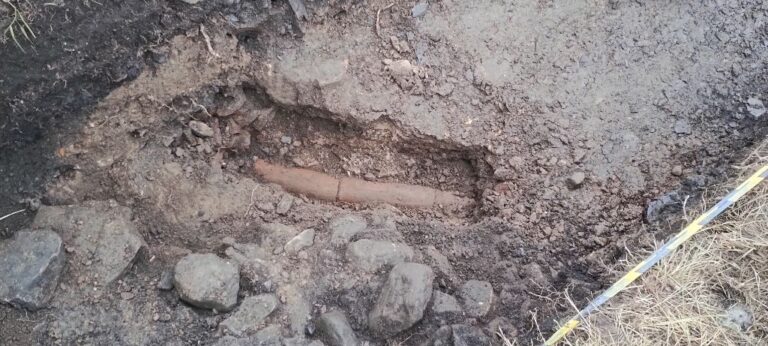
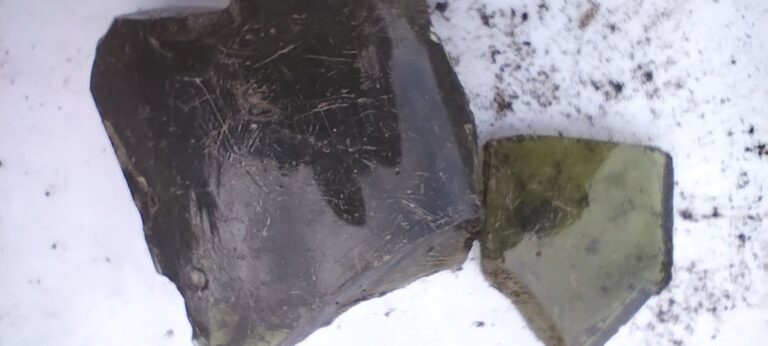
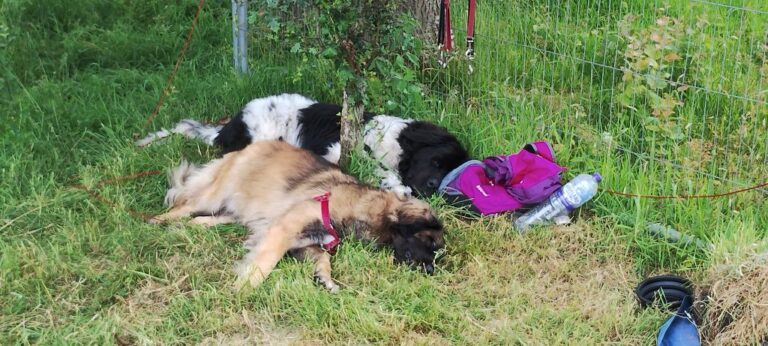
So, no major earth shattering discoveries. No gold bullion. No treasure chests. No dinosaur bones. Just spent a week digging in the Scottish countryside getting dirty and sweaty, but having fun!
